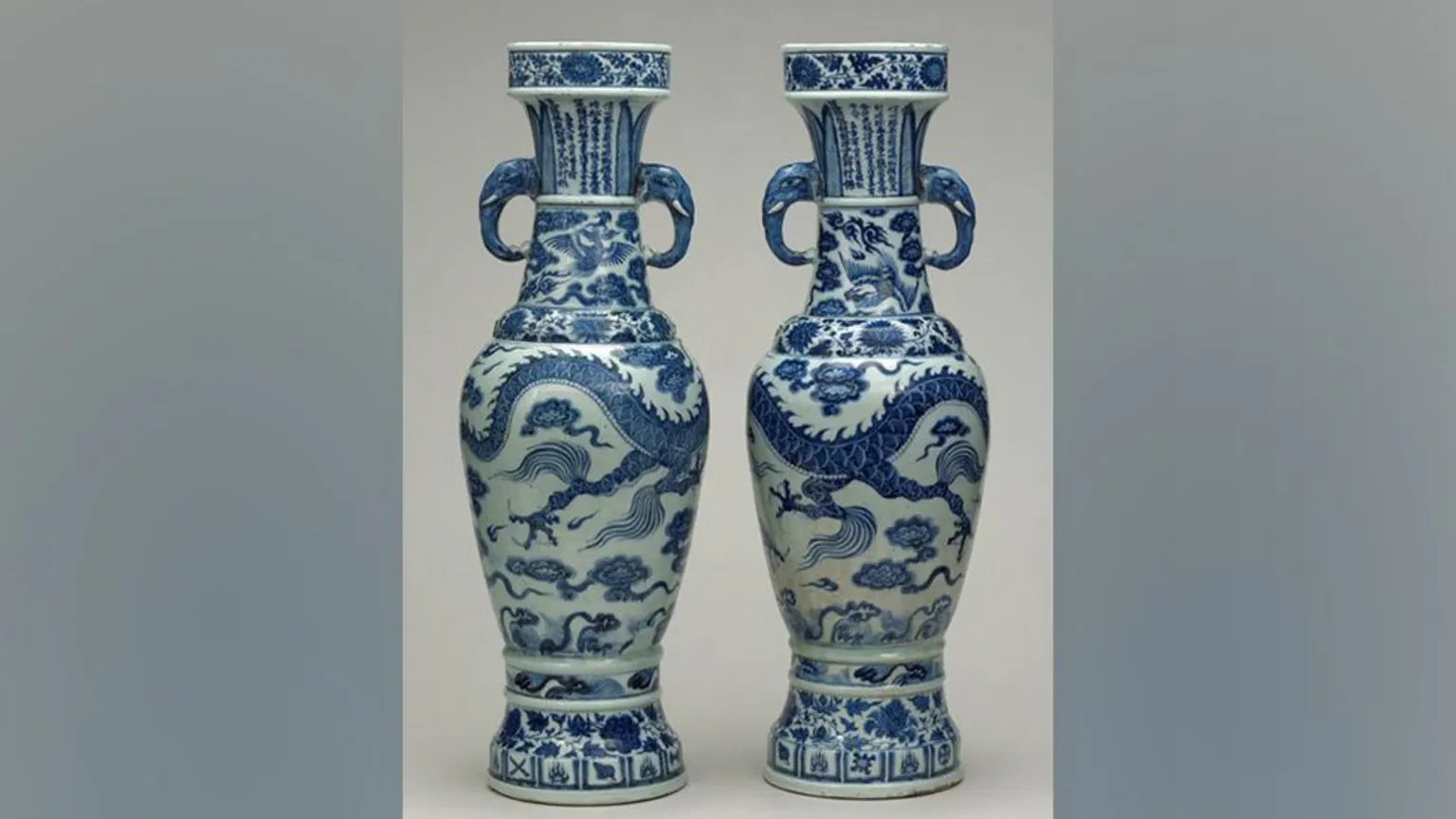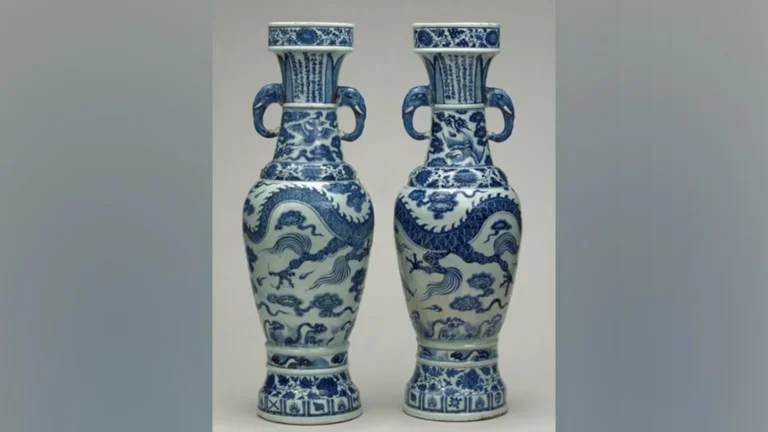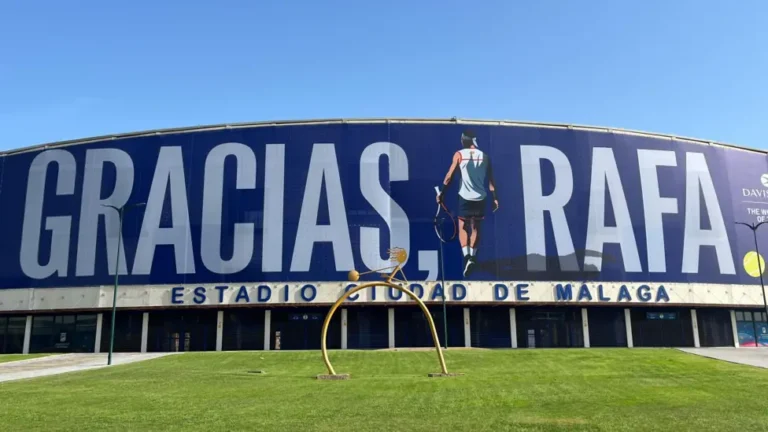
The British Museum is set to receive its most valuable donation ever: a remarkable £1 billion gift of Chinese ceramics. This donation, made by the trustees of the Sir Percival David Foundation, includes 1,700 pieces of Chinese art and pottery, further expanding the museum’s already significant collection. These artworks had been on loan to the British Museum since 2009 and will now be permanently transferred to the museum’s holdings, making it one of the largest and most important collections of Chinese ceramics outside the Chinese-speaking world. The acquisition will bring the museum’s collection of Chinese ceramics to 10,000 pieces, enhancing its global reputation as a leading institution in this field.
The Sir Percival David Foundation is a charitable entity representing Sir Percival David, a British businessman who amassed the collection in Europe, Japan, Hong Kong, and China during the early 20th century. Born in Bombay in 1892, David inherited wealth from his family, including a baronetcy, and moved to London in 1914, where he began his passion for collecting Chinese art. Sir Percival passed away in 1964, leaving the collection to be managed by the foundation. The foundation’s trustees have now decided to donate these priceless works to the British Museum, fulfilling Sir Percival’s vision of making the collection accessible to the public and preserving it for future generations.
One of the most celebrated aspects of this donation is the inclusion of the David vases, two blue-and-white porcelain vases created in 1351. These vases are considered revolutionary because their discovery significantly changed the understanding of the dating and history of blue-and-white ceramics in China. Other key pieces in the donation include a rare “chicken cup” from the Chenghua emperor’s reign, made around the 15th century, and exquisite Ru wares, which were made for the Northern Song dynasty in the 11th century. These pieces, along with many others in the collection, are considered exceptional examples of Chinese craftsmanship and have historical significance.
The donation also features works from various Chinese dynasties, including the Song, Yuan, Ming, and Qing periods. These items are not only valuable for their age and rarity but also for their detailed artwork, which includes intricate depictions of birds, flowers, and other motifs, showcasing the rich history of Chinese ceramics and decorative arts. Some of the more famous items in the collection, such as the 550-year-old Doucai “Chicken cup” and the nearly 1,000-year-old Ru ware bowl stand, will now be permanently displayed at the British Museum.

The British Museum’s director, Dr. Nicholas Cullinan, expressed immense gratitude for the donation, calling it an “incomparable private collection” that significantly enhances the museum’s holdings. He emphasized that the collection provides a unique opportunity for scholars, researchers, and visitors to explore and appreciate Chinese craftsmanship in ways that were previously impossible. The collection will also continue to serve educational purposes, inspiring and informing people across the world about the beauty and history of Chinese ceramics.
Arts Minister Sir Chris Bryant also welcomed the donation, highlighting the long-term educational value of these objects for future generations. He hopes that this donation will inspire others to make similar contributions to cultural institutions.
The transfer of these artworks will be finalized subject to approval by the Charity Commission. After the donation, the British Museum plans to lend pieces from the collection to institutions like the Shanghai Museum and the Metropolitan Museum of Art in New York, further supporting international cultural exchanges and exhibitions.
Overall, this £1 billion gift not only cements Sir Percival David’s legacy but also significantly enriches the British Museum’s offerings, ensuring that these invaluable pieces of Chinese art will continue to educate, inspire, and fascinate visitors for generations to come.




